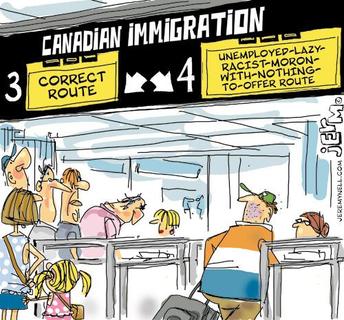Good morning everyone,
Task one:
In order to get familiar with the Canadian workplace, there are a lot of things
we need to consider. Click on this link and
follow the instructions given.
Here is a list of business idioms that are taken from this website. Please go over them and try to understand each
one’s meaning and then follow the tasks below.
Pick five to six of
the following idioms and use them in sentences of your own.
- -
Please send me the information
ASAP
because I’m late with this presentation.
- -
Let’s do the things by
the book.
- -
We have a
game plan to submit this project.
- -
We should go the extra
mile for our company.
- -
I have to raise
the bar to show what I can do.
Take three:
- When I was looking for
a job, I saw something under the table. Everything was up in
the air for me because it was a uphill
battle to get a job.
In order to get familiar with the Canadian workplace, there are a lot of things we need to consider. Click on this link and follow the instructions given.
Here is a list of business idioms that are taken from this website. Please go over them and try to understand each one’s meaning and then follow the tasks below.
Pick five to six of the following idioms and use them in sentences of your own.




